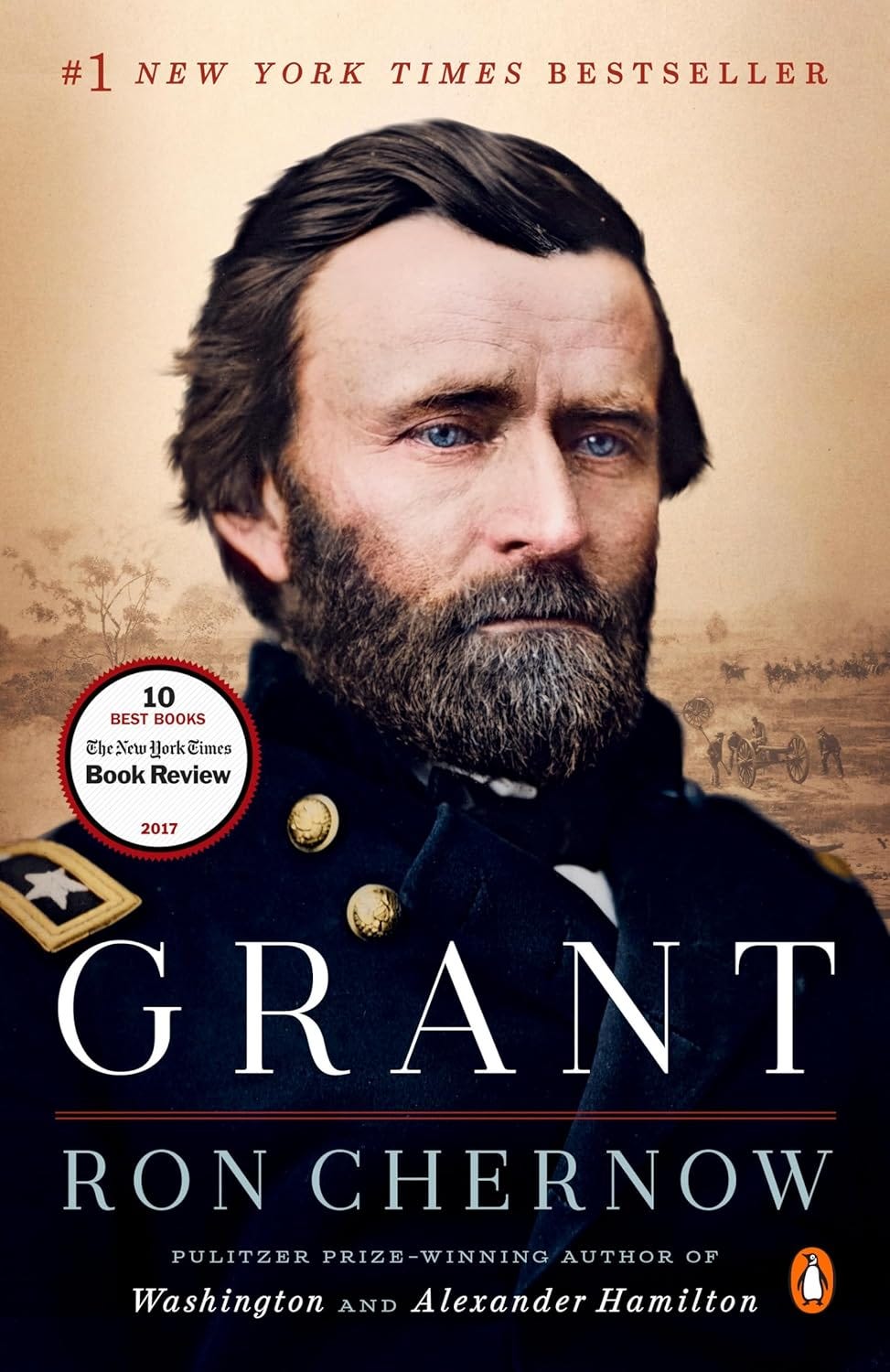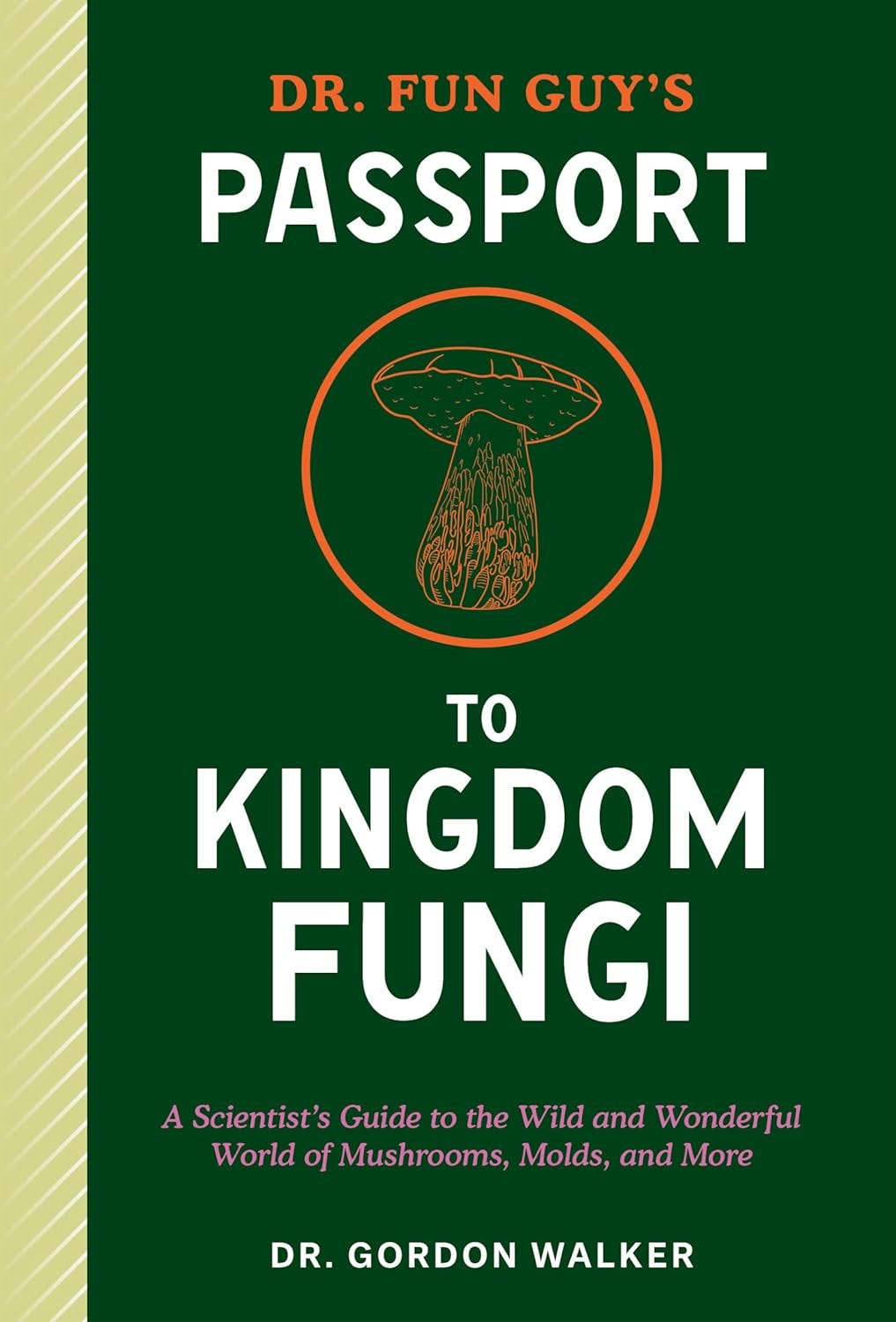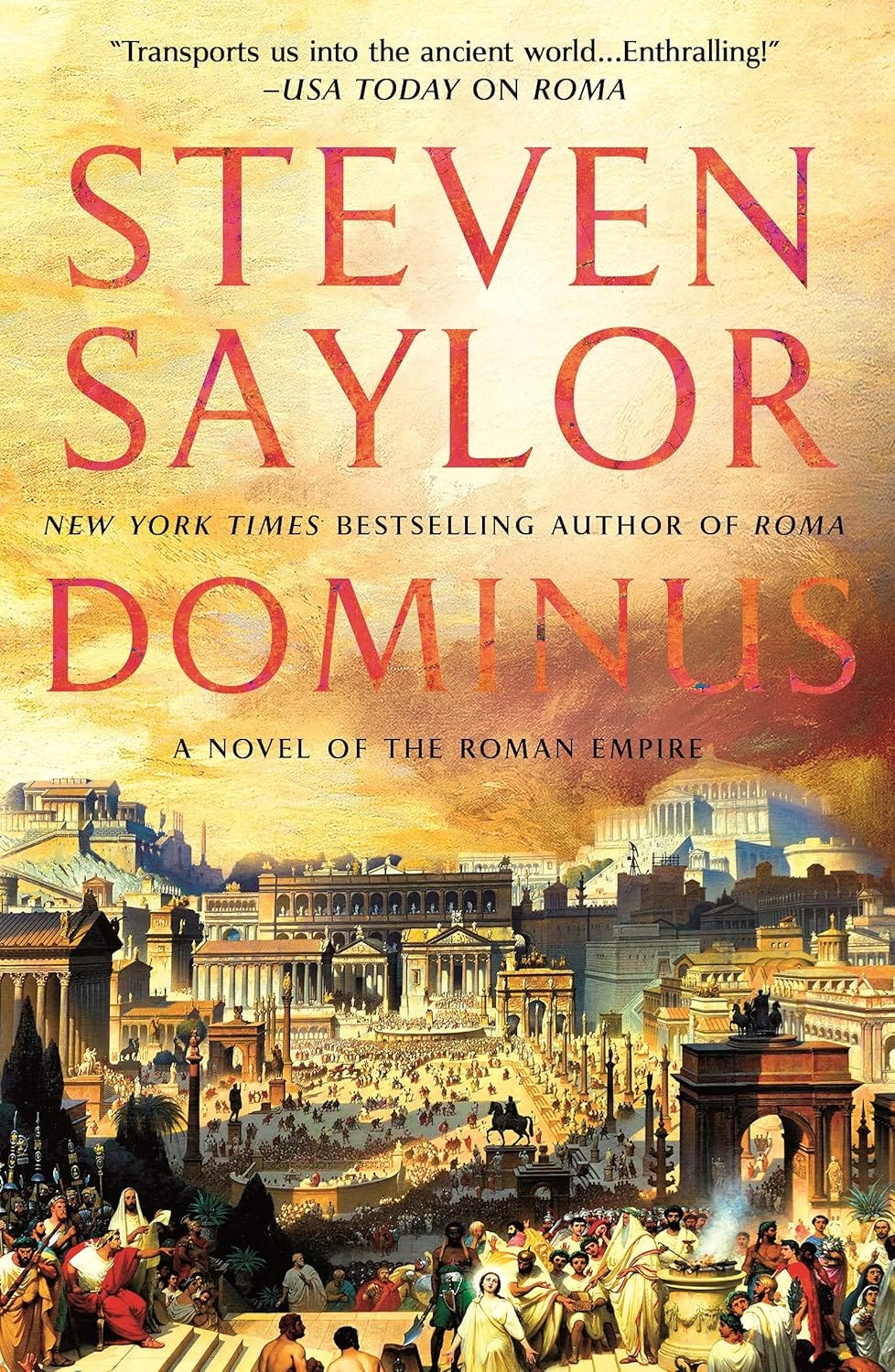
Being a writer isn’t hard. You just have to try to tell the truth every day, forever, and do it quickly—because by the time you’re done, the truth will have changed. When you’re writing fiction, it’s fairly easy to tell the truth: you take what happened to you and change the names—or, barring that, imagine yourself in a wild predicament and get yourself out of it. For journalists and nonfiction writers, it’s a bit harder because, as we said before, the truth changes daily.
Some writers try to outrun the truth by over-preparing. They interview, research, and take copious notes without an end in sight. One writer I worked with called this “covering the unknown unknowns”—by trying your damndest to outrun the falsehoods, you create a dense net to catch and slow down the truth. But again, nobody can cage the truth. Unless we’re talking about history, writing about any current moment is fraught with peril. We can’t believe our eyes.
Maybe the answer is video. But then again, video can be faked. At this point, it’s far easier to create a believable visual narrative with AI and other tools. There’s no way to tell if the LA riots are widespread (they’re not) or if they’re being shot in a way to encourage fear (they are). There will eventually be moments when we see assassinations, defilements, car crashes, and even kittens that are entirely AI-generated. We still won’t be able to believe our eyes.
So we can’t write ourselves out of this trap. We can’t take photos or video. We can barely even trust our memories. So what are we to do?
Maybe it’s this:
At dawn, when you have trouble getting out of bed, tell yourself:
“I have to go to work—as a human being. What do I have to complain of, if I’m going to do what I was born for—the things I was brought into the world to do? Or is this what I was created for? To huddle under the blankets and stay warm?
—But it’s nicer here...
So you were born to feel ‘nice’? Instead of doing things and experiencing them? Don’t you see the plants, the birds, the ants and spiders and bees going about their individual tasks, putting the world in order, as best they can? And you’re not willing to do your job as a human being? Why aren’t you running to do what your nature demands?”
Or maybe it’s this:
Do to others as you would have them do to you.
Or maybe it’s this:
“By not adoring the worthy, people will not fall into dispute.
By not valuing hard-to-get objects, people will not become robbers.
By not seeing the desires of lust, one’s heart will not be confused.
Therefore, the governing of the saint is to empty one’s mind, substantiate one’s virtue, weaken one’s worldly ambition, and strengthen one’s essence.
He lets the people be innocent of worldly knowledge and desire, and keeps the clever ones from making trouble with their wits.
Acts naturally, without desire—then everything will be accomplished in its natural order.”
Or maybe it’s this:
"It's my belief that history is a wheel. 'Inconsistency is my very essence,' says the wheel. 'Rise up on my spokes if you like, but don't complain when you are cast back down into the depths. Good times pass away, but then so do the bad. Mutability is our tragedy, but it is also our hope. The worst of times, like the best, are always passing away.'”
All that seems likely. They’re all saying that we need to accept and move and be human. It means we have to ignore foolishness and take the truth where we find it. And we have to accept that we can’t catch the truth. Maybe what we really need to catch is kindness. And when that’s in abundance, the truth matters far less. We do what we must, protect the vulnerable, and ignore the sound and the fury around us, that stuff that is busy signifying nothing.
Isn’t that what everyone wants?
We sure don’t act like it.
Now, on to the books.
Grant
by Ron Chernow
I gave this a try and kind of fell into it. Grant isn’t really a well-known figure and I was pleased to find that this is as compelling as Chernow’s Alexander Hamilton and Washington. At the very least you get to see what happens when a country is split down the middle and stoic people have to fix it.
Dr. Fun Guy's Passport to Kingdom Fungi: A Scientist's Guide to the Wild and Wonderful World of Mushrooms, Molds, and More
By Dr. Gordon Walker
I interviewed Gordon Walker for my new book and he was a blast. He’s very knowledgable and if you have any interest in mushrooms at all this is the book to get. There is no woo woo, no weirdness, just a no-nonsense guide to shrooms.
Dominus
Again, I’m hate-reading Saylor because I like the world he creates. The storytelling spans about a hundred years and features some of the most leaden characters and prose in fiction, but darn it if he doesn’t make you feel like you’re hanging out on the Forum. Start with Roma if this is your first book by him. Also, don’t read his Roman detective books.






I loved Chernow's 'Grant'. Not only is the story of his life before the Civil War began amazing, and fully genuinely odd, quirky stuff, but the story of his transformation from 'generic loser in several walks of life' into 'one of the greatest generals in history' over the span of 5 years makes for compulsive reading. Chernow's writing is superb, but few writers are in a class with Grant himself. From his personal letters to his military orders to his memoirs, he was an absolute master of expository writing — and his basic human decency is impossible to miss.